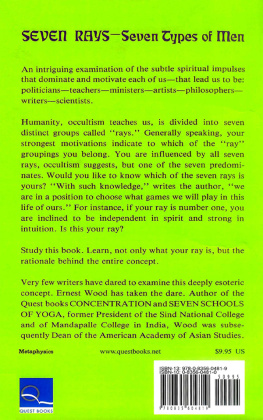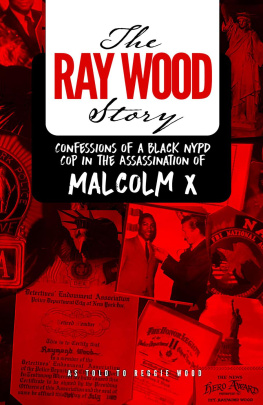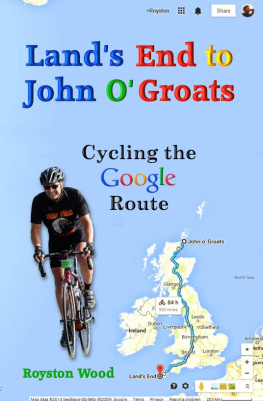John Wood - Leaving Microsoft to Change the World: An Entrepreneurs Odyssey to Educate the Worlds Children
Here you can read online John Wood - Leaving Microsoft to Change the World: An Entrepreneurs Odyssey to Educate the Worlds Children full text of the book (entire story) in english for free. Download pdf and epub, get meaning, cover and reviews about this ebook. year: 2006, publisher: HarperBusiness, genre: Science fiction. Description of the work, (preface) as well as reviews are available. Best literature library LitArk.com created for fans of good reading and offers a wide selection of genres:
Romance novel
Science fiction
Adventure
Detective
Science
History
Home and family
Prose
Art
Politics
Computer
Non-fiction
Religion
Business
Children
Humor
Choose a favorite category and find really read worthwhile books. Enjoy immersion in the world of imagination, feel the emotions of the characters or learn something new for yourself, make an fascinating discovery.

- Book:Leaving Microsoft to Change the World: An Entrepreneurs Odyssey to Educate the Worlds Children
- Author:
- Publisher:HarperBusiness
- Genre:
- Year:2006
- Rating:5 / 5
- Favourites:Add to favourites
- Your mark:
Leaving Microsoft to Change the World: An Entrepreneurs Odyssey to Educate the Worlds Children: summary, description and annotation
We offer to read an annotation, description, summary or preface (depends on what the author of the book "Leaving Microsoft to Change the World: An Entrepreneurs Odyssey to Educate the Worlds Children" wrote himself). If you haven't found the necessary information about the book — write in the comments, we will try to find it.
John Wood discovered his passion, his greatest success, and his lifes work—not at business school or leading Microsofts charge into Asia in the 1990s—but on a soul-searching trip to the Himalayas. Wood felt trapped between an all-consuming career and a desire to do something lasting and significant. Stressed from the demands of his job, he took a vacation trekking in Nepal because a friend had told him, If you get high enough in the mountains, you cant hear Steve Ballmer yelling at you anymore.
Instead of being the antidote to the rat race, that trip convinced John Wood to divert the boundless energy he was devoting to Microsoft into a cause that desperately needed to be addressed. While visiting a remote Nepalese school, Wood learned that the students had few books in their library. When he offered to run a book drive to provide the school with books, his idea was met with polite skepticism. After all, no matter how well-intentioned, why would a successful software executive take valuable time out of his life and gather books for an impoverished school?
But John Wood did return to that school and with thousands of books bundled on the back of a yak. And at that moment, Wood made the decision to walk away from Microsoft and create Room to Read—an organization that has donated more than 1.2 million books, established more than 2,600 libraries and 200 schools, and sent 1,700 girls to school on scholarship—ultimately touching the lives of 875,000 children with the lifelong gift of education.
Leaving Microsoft to Change the World chronicles John Woods struggle to find a meaningful outlet for his managerial talents and entrepreneurial zeal. For every high-achiever who has ever wondered what life might be like giving back, Wood offers a vivid, emotional, and absorbing tale of how to take the lessons learned at a hard-charging company like Microsoft and apply them to one of the worlds most pressing problems: the lack of basic literacy.
John Wood: author's other books
Who wrote Leaving Microsoft to Change the World: An Entrepreneurs Odyssey to Educate the Worlds Children? Find out the surname, the name of the author of the book and a list of all author's works by series.
















![Wood - Cia Rose Series Box Set [Books 1-3]](/uploads/posts/book/141420/thumbs/wood-cia-rose-series-box-set-books-1-3.jpg)
